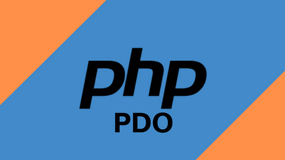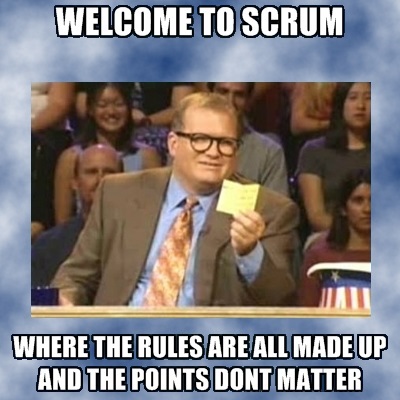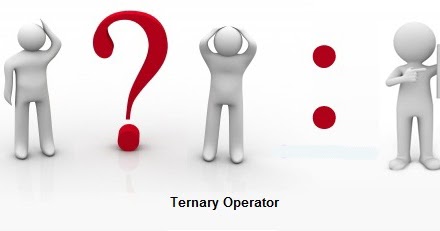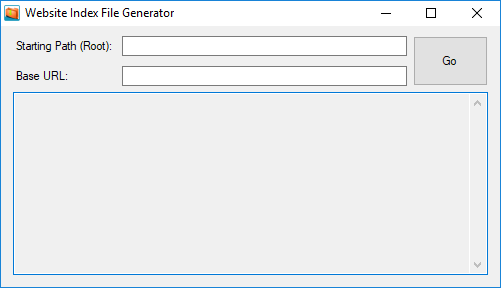
Communicating across UDP is useful for peer-to-peer and intermittent connections, where TCP is not practical. Below is an example of communicating via UDP using C#.
public class MyUdpService
{
private UdpClient udpClient;
private IPEndPoint remoteIpEndPoint;
private boolean started;
// Communicate with a specific IP address
public MyUdpService(String ipAddress, int port)
{
Start(IPAddress.Parse(ipAddress), port);
}
// Broadcast to any IP address
public MyUdpService(int port)
{
Start(IPAddress.Broadcast, port);
}
private Start(IPAddress ipAddress, int port)
{
started = true;
udpClient = new UdpClient(port);
remoteIpEndPoint = new IPEndPoint(ipAddress, port);
// Start the UDP receiver thread
Task.Run(Receive, cancellationToken);
}
public void Stop()
{
started = false;
}
public void Send(string message)
{
try
{
var bytes = Encoding.UTF8.GetBytes(message);
udpClient.Send(bytes, bytes.Length, remoteIpEndPoint);
Console.WriteLine("Sent message: " + message);
}
catch (Exception ex)
{
Console.WriteLine(ex.Message);
}
}
private void Receive()
{
while (started)
{
try
{
var bytes = udpClient.Receive(ref remoteIpEndPoint);
var message = Encoding.UTF8.GetString();
Console.WriteLine("Received message: " + message);
}
catch (Exception ex)
{
Console.WriteLine(ex.Message);
}
}
}
}To use it:
public void test()
{
var port = 12345;
var ipAddress = "10.0.0.100";
var udp = new UdpService(port, ipAddress);
udp.Send("Hello!");
Console.ReadLine();
udp.Stop();
}







